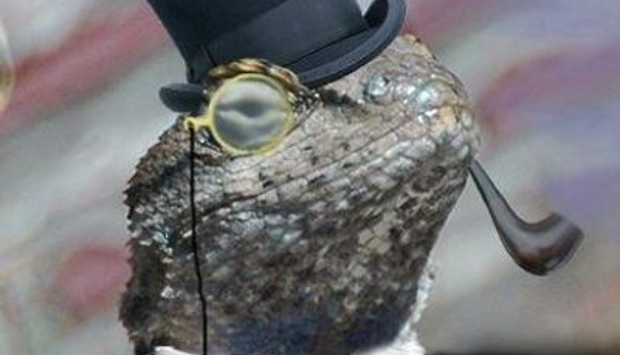On Wednesday, visitors to lenovo.com were greeted with what appeared to be webcam images of a bored young man sitting in a bedroom, and the song Breaking Free from the Disney movie High School Musical. On Monday, Google’s site for Vietnam also briefly redirected people to another website.
Both Google and Lenovo were victims of ‘domain hijacking,’ a type of attack against the domain name system (DNS), which translates domain names into IP addresses that can be called into a browser.
The domain name records for both companies were modified to redirect to different websites when people entered ‘lenovo.com’ and ‘google.com.vn’.
The changes were apparently made through Web Commerce Communications, known as Webnic.cc, a Malaysian company that registers domains names.
The hacker group Lizard Squad has claimed credit for the defacements. Lenovo appeared to restore service at one point on Wednesday afternoon, but later was unavailable due to system maintenance, a notice said. Webnic.cc could not be immediately reached for comment.
In Lenovo’s case, the hackers changed Lenovo’s domain name registration details to redirect to nameservers at CloudFlare, a San Francisco-based company that specialises in bettering the performance of websites through extensive caching. Nameservers tell a computer which IP address to look up to view a website.
CloudFlare’s servers then redirected people trying to go to lenovo.com to two IP addresses hosted in the Netherlands by the company Digital Ocean, said Andrew Hay, senior security research lead for OpenDNS, a company that specialises in DNS-related security.
Those redirected to the other sites saw the webcam images of the bored young man. The source code for the Web page included the line: “The new and improved rebranded Lenovo website featuring Ryan King and Rory Andrew Godfrey,” referring to persons who have reportedly been connected to the hacker group Lizard Squad.
The Lizard Squad’s access to Lenovo’s registrant account also allowed it to capture some of Lenovo’s e-mail, which the group posted excerpts of on Twitter.
Lenovo has already been under pressure in the last week for pre-installing a secretive application called Superfish on its laptops, which substitutes some ads on encrypted websites but also created a major security vulnerability.
Restoration
CloudFlare offers free services that are sometimes abused by miscreants, but the company said it moved fast to help fix Lenovo’s problem.
“As soon as we saw the unauthorised transfer, we took control of the account, notified Lenovo and worked with them to restore service while they worked on getting their domain back,” said Marc Rogers, principal security researcher at CloudFlare.
On Monday, Google’s site for Vietnam briefly redirected people to another website. Like Lenovo, Google also had its google.com.vn domain name registered with Webnic.
It is possible that Webnic.cc has a vulnerability in its network that was discovered by the Lizard Squad and allowed changes to be made to domain name registrations. Another possibility is that the Lizard Squad obtained the authentication credentials used by those companies to modify domain name records.
It’s considered a low-brow style of attack, but changes to domain name records can be dangerous for Web users since there’s little they can do to protect themselves.
Such attacks – especially against websites that receive a lot of traffic – are powerful because attackers could redirect them to websites that try to automatically install malicious software. But that doesn’t appear to be the case with either the Lenovo or Google redirects.
Domain name registrars have been slowly implementing a security technology called DNS Security Extensions (DNSSEC) to better protect domain name records. DNSSEC uses public key cryptography to digitally “sign” domain names and corresponding IP addresses.
The technology is complicated to set up, however, and it has been a years-long effort to see it supported by registrars and hosting providers.
DNSSEC could have prevented the attack against Lenovo or “at the very least it would have made it much more complicated and slow to do with many more steps for the bad guys before they succeeded,” Rogers said.
IDG News Service







Subscribers 0
Fans 0
Followers 0
Followers